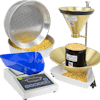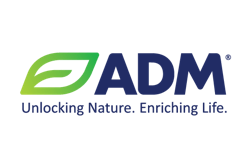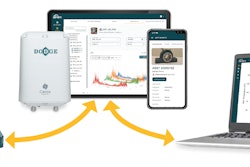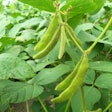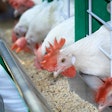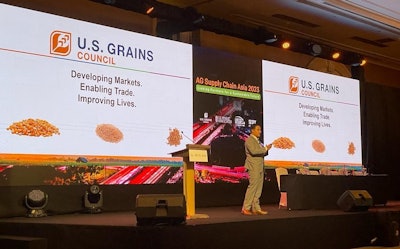
TheU.S. Grains Council(USGC) recently unveiled its Corn Sustainability Assurance Protocol (CSAP) and Sustainable Corn Exports (SCE) web platform as a benefit to U.S. corn importers around the world.
The CSAP is a tool that offers international corn buyers insights into thesustainability of U.S. corn productionpractices and outlines U.S. state and federal laws that provide assurances that these policies are being implemented, where required, throughout the country.
Providing insights into sustainability
This initiative was developed to allow stakeholders interested in U.S. corn and corn products to learn about U.S. growers’ commitment to adopting strategies and technologies that improve the long-term health of their agricultural activity.
Sustainable and climate-friendly products are increasingly preferred by end-users globally, while companies, supply chains and regulators also become more involved in addressing sustainability. USGC's members and board of directors recognized these trends in 2020 and embarked on developing the CSAP as a tool to meet these new demands and guarantee that U.S. corn is acknowledged for its climate awareness when compared to corn exports of other origins.
The CSAP makes it easy for anyone along the supply chain to validate whether their sustainability requirements align with the production U.S. corn, which has been underpinned by the strong foundations of the U.S. agricultural system for generations.
“No one understands the need for preserving the health of our environment better than farmers,” said Carlos Suárez, USGC manager of sustainability, policy and innovation. “The CSAP is a recognition of the tireless efforts of U.S. farmers to safely tend the earth, and a way to further improve the appeal of their products to customers around the world.”
Issuing shipment-specific records of sustainability
The SCE platform complements the CSAP by providing U.S. corn exporters with the possibility of issuing shipment-specific Records of Sustainability (ROS), which can be transferred to international importers and subsequently suballocated across clients’ international supply chains, to address procurement guidelines.
The CSAP was formally launched at the Council’s 20th International Marketing Conference in Savannah, GA in February. The announcement happened soon after a milestone in the CSAP’s history, when the first ROS-attached shipment of corn was sent to Taiwan.
Since then, the Council has seen strongly encouraging signs from corn exporters and importers alike in their adoption of the CSAP with the help of rollout events that are raising awareness of the program worldwide.
Suárez was in Jakarta, Indonesia in March to address the Ag Supply Chain Asia Conference about what the CSAP brings to the table for sellers and buyers of U.S. corn.
The CSAP was designed with U.S. agriculture’s rich history in conservation in mind, and to recognize that U.S. farmers continue to lead the way in reliable, renewable production techniques.
Both the CSAP and SCE are part of a farmer-developed and driven program that allows producers to give greater visibility to their farming methods and ensure current and future sustainability requirements do not become a trade barrier for U.S. products in overseas markets.
The CSAP is structured in three levels, beginning with a definition of 11 impact categories associated with U.S. corn production, benchmarking standards used for other crops.

